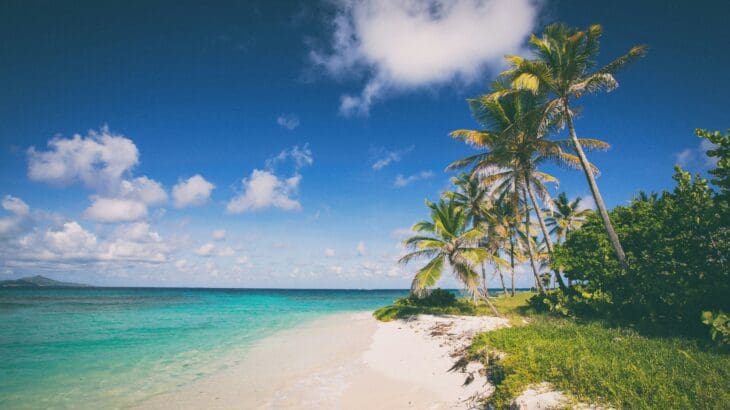New Energy Events spoke with Hon. Kurt Tibbetts, Minister of Planning, Agriculture, Housing and Infrastructure, and asked him whether he thought the target of 70% renewables in 20 years as outlined in the Cayman Islands National Energy Policy was realistic – and whether the utility, CUC, was onboard.
The Cayman Islands National Energy Policy specifies 70% renewables in 20 years. Do you believe this is feasible? What does the policy mean in terms of opportunities for international investment in renewables?
The National Energy Policy is a dynamic document. By that we mean the Government will adapt, monitor and review the energy landscape/or environment to ensure the Cayman Islands are taking advantage of the most viable and economical technology needed to meet the policy goals. This is supported by the provisions in the Policy to appoint a standing Energy Policy Council, which has the responsibility to keep the policy under review, assess our performance and to recommend amendments as necessary to keep the policy relevant. With that in mind, we believe that the goal is realistic and achievable as it anticipates that we will be able to take advantage of new technologies as they become viable.
Is CUC, the national utility, in lockstep with the Government and onboard with the terms and objectives of the policy?
CUC only generates and supplies electricity on Grand Cayman, CBP&L generates and transmits and distributes in the Sister Islands. CUC was an integral partner, as well as CBP&L of the NEP development process. They are very aware of, and have committed themselves to, the policy objectives.
Do you view Cayman’s bid for energy resilience as part of a bigger regional push? Can a regional approach to energy resilience accelerate the process?
Cayman’s energy resilience is a push to do what’s right for the environment. I believe a regional and global approach, as seen in the UN Sustainable Development Goals and the Paris Accord (Climate Change 2016), represents a global approach which we are a part of as a UK dependent territory.
The Government has looked closely at waste-to-energy solutions in the past; is that back on the agenda?
The Government has to evaluate waste-to-energy, not in isolation of the overarching landfill solution and that is what our technical folks are doing.
Do you believe there is a role for CNG or LNG in the Cayman energy matrix?
CNG and LNG are truly transition fuels for the Cayman Islands and are much cleaner than the diesel and HFO fuels. However, the regulator and the Government will evaluate opportunities and the economics of these options to determine their appropriateness for the Cayman Islands
How will the national policy dictate the approach to transportation in Cayman? Can we expect, for example, to see a marked increase in the use of electric vehicles?
The Government will do its best to support the EV sector by keeping tariffs on importation low. The Government is also exploring opportunities to integrate EVs into its own fleet.



